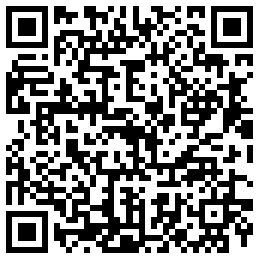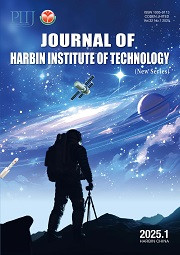- ScholarOne
- 登录
Please submit manuscripts in either of the following two submission systems
ScholarOne Manuscripts
勤云稿件系统
Search by Issue
Search by Keywords
News & AnnouncementMORE
- 【03-29】2015 Outstanding Reviewers
- 【03-27】2014 Outstanding Reviewers
- 【02-18】2013 Outstanding Reviewers
- 【12-29】The First Outstanding Reviewers
- 【05-04】Copyright Transfer Agreement
- 【04-04】To authors
Supervised by Ministry of Industry and Information Technology of The People's Republic of China Sponsored by Harbin Institute of Technology Editor-in-chief Yu Zhou ISSNISSN 1005-9113 CNCN 23-1378/T
期刊网站二维码


微信公众号二维码


|
|||||||||||||||||||||||||||


